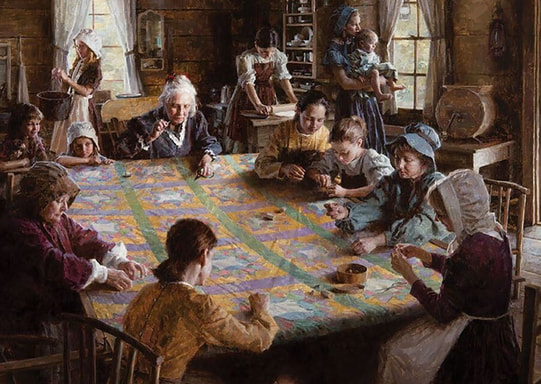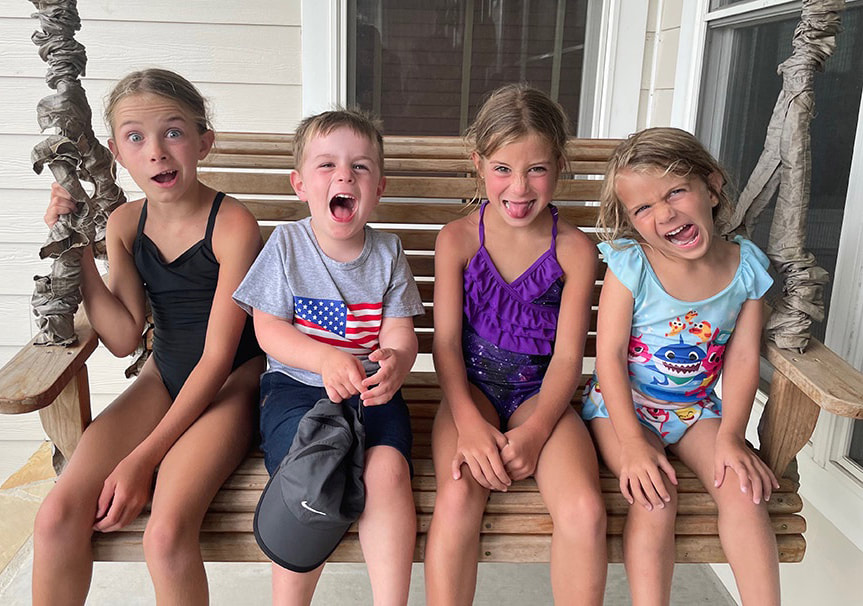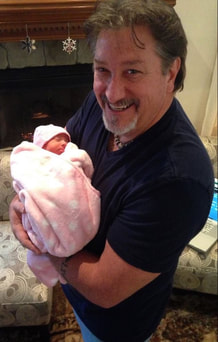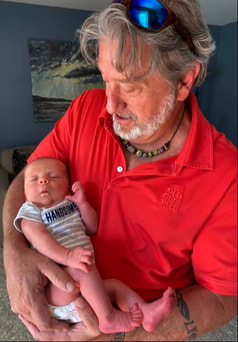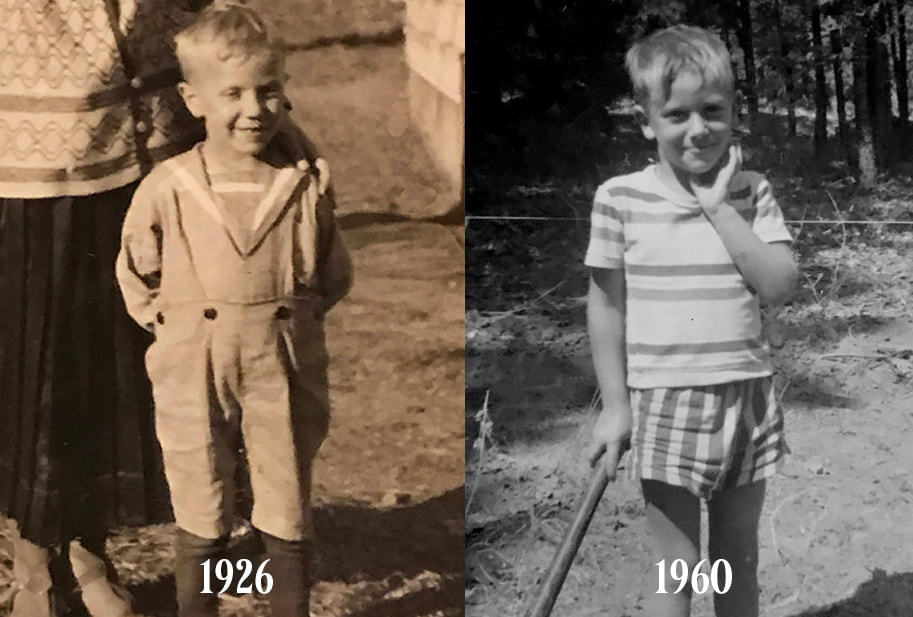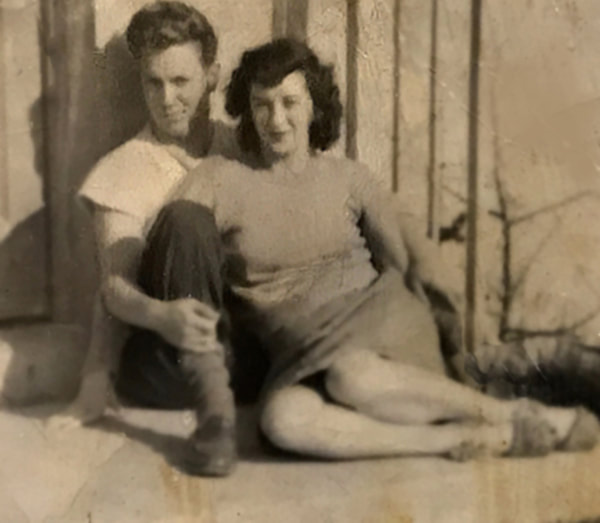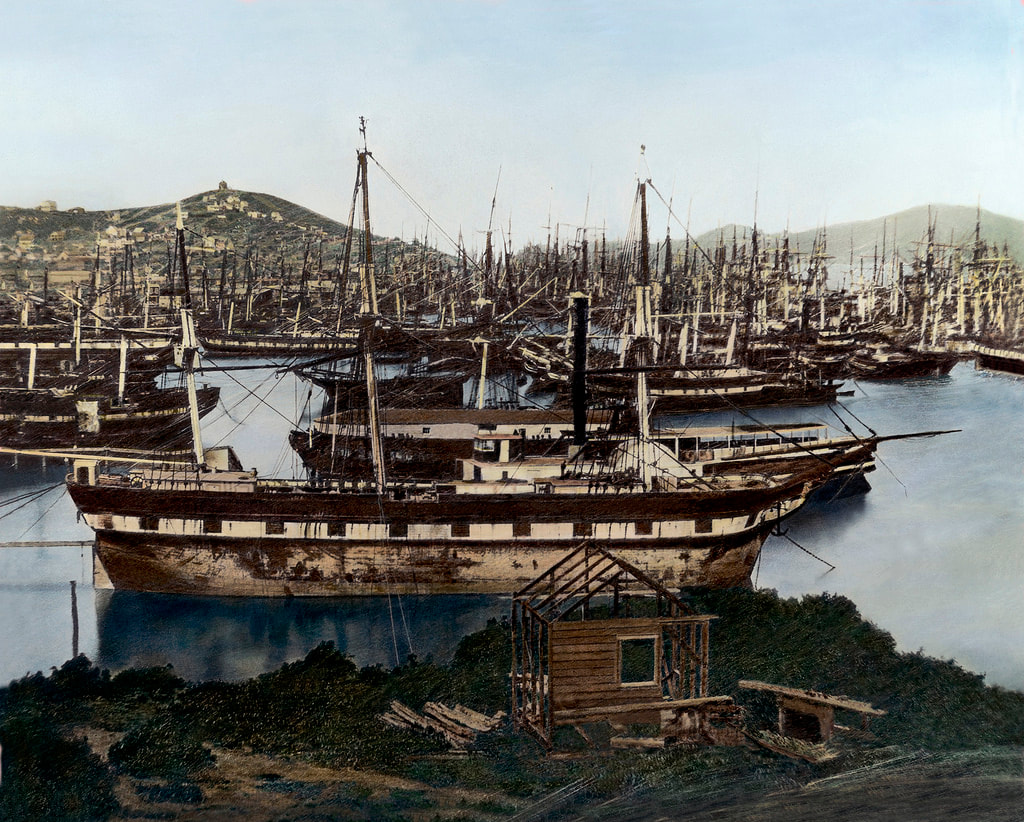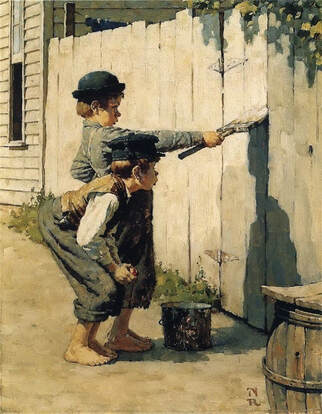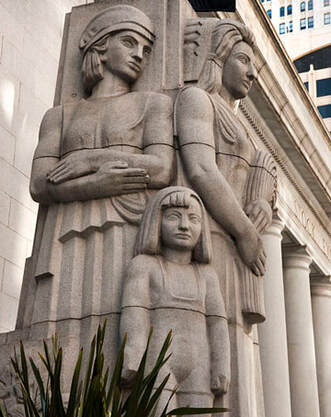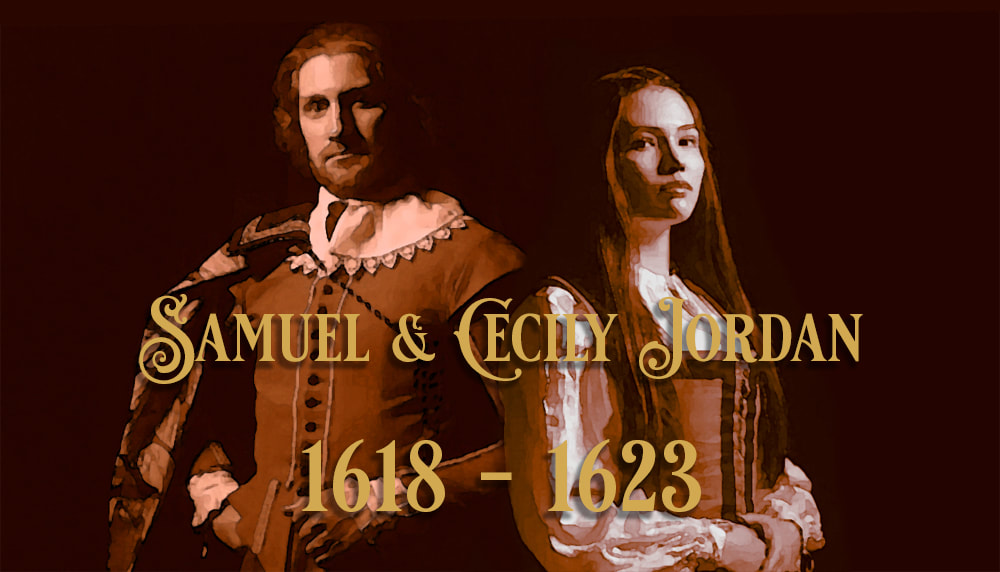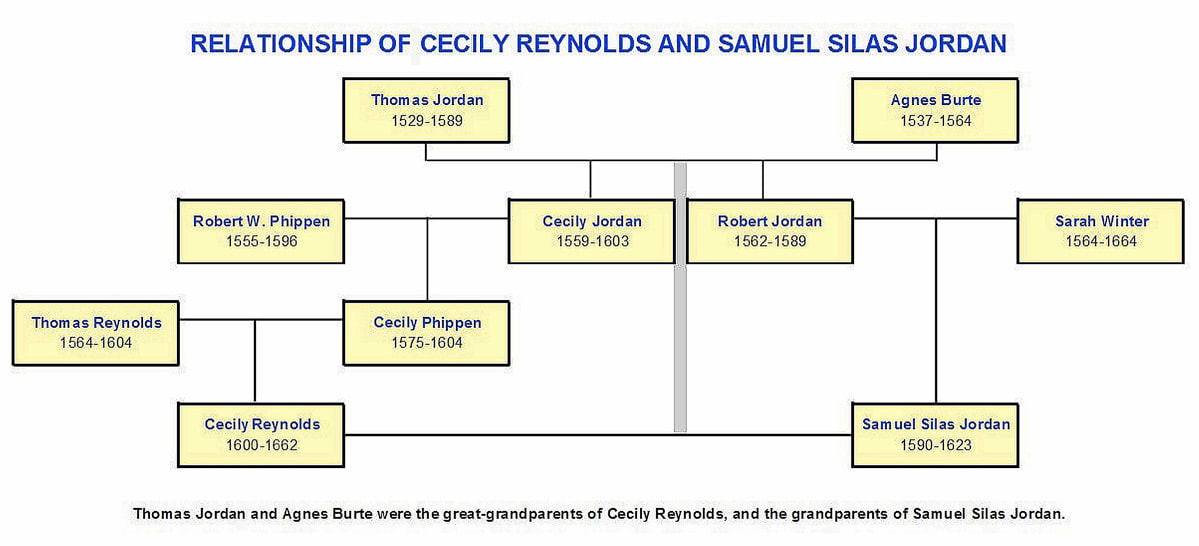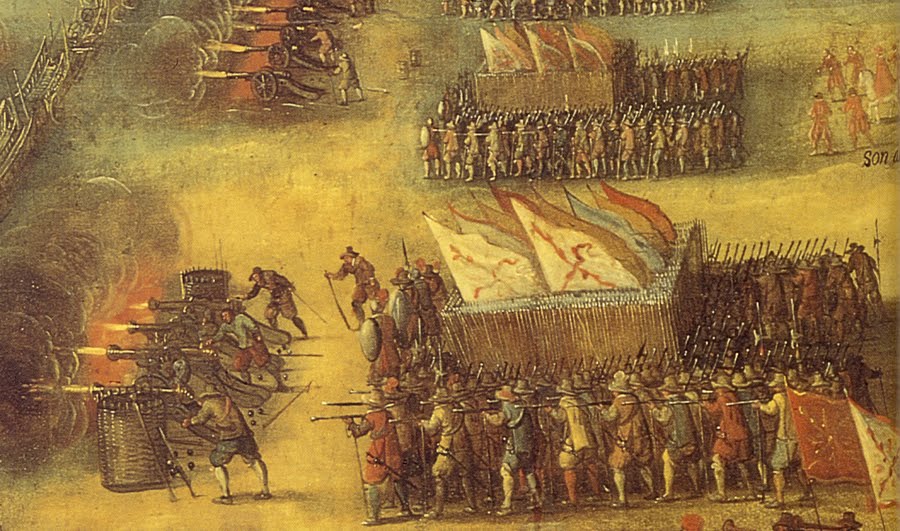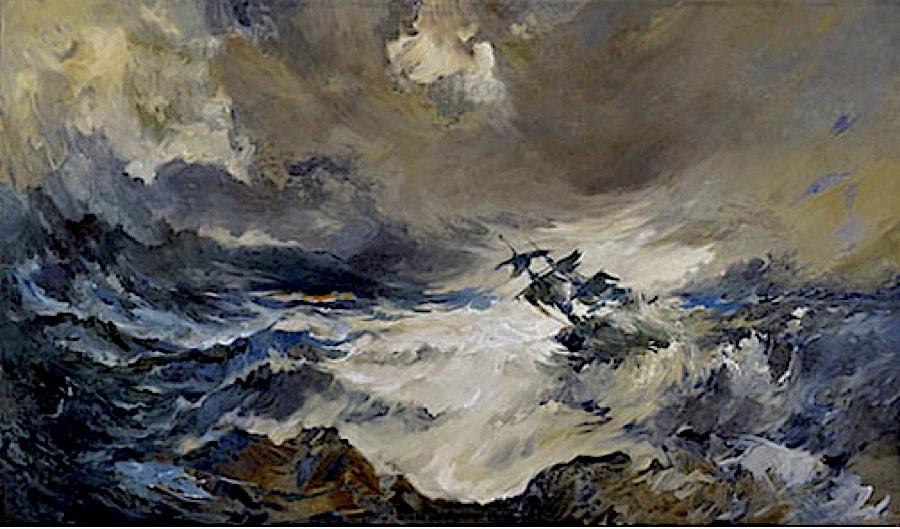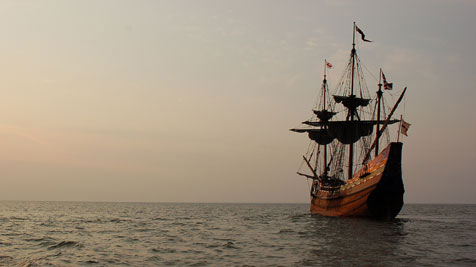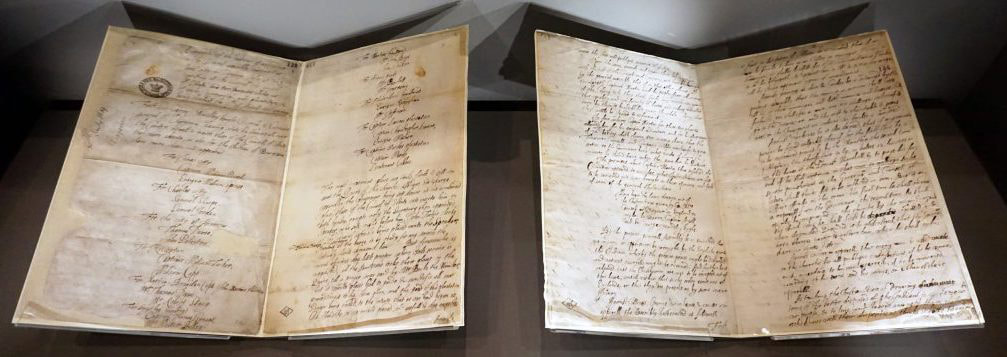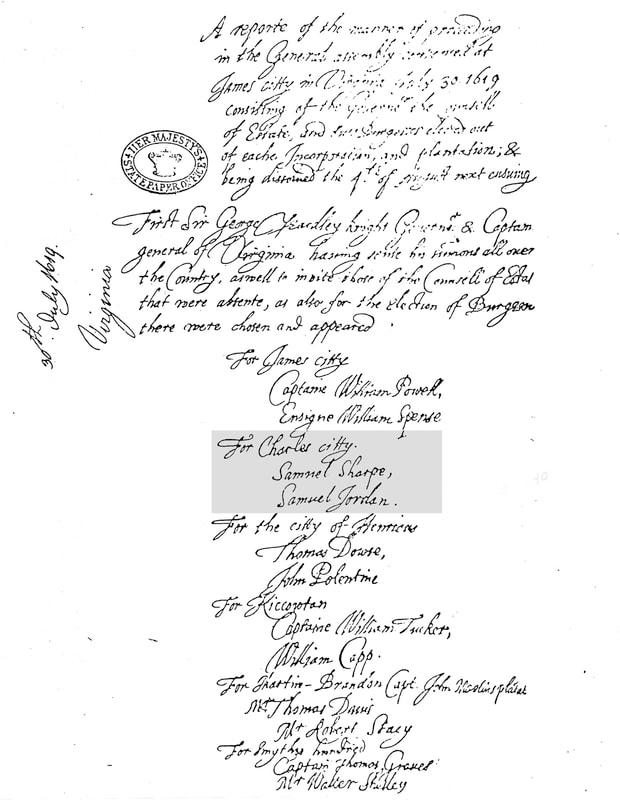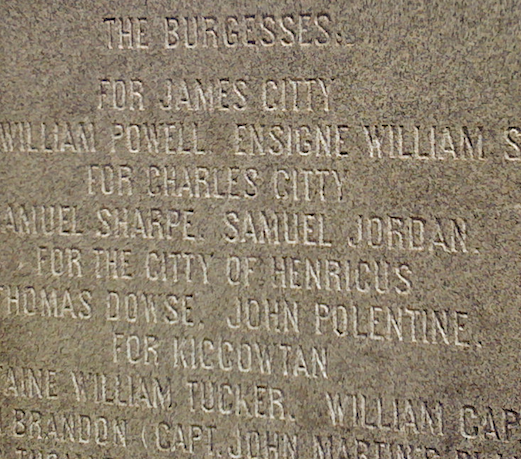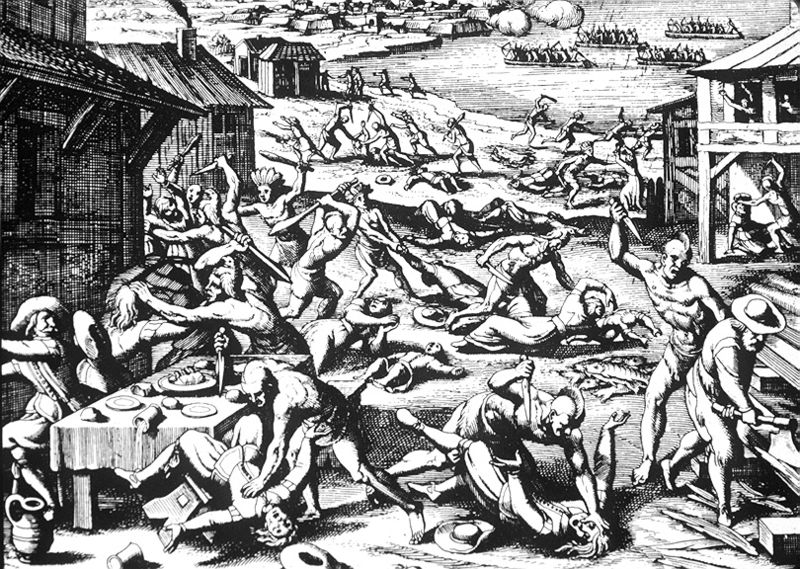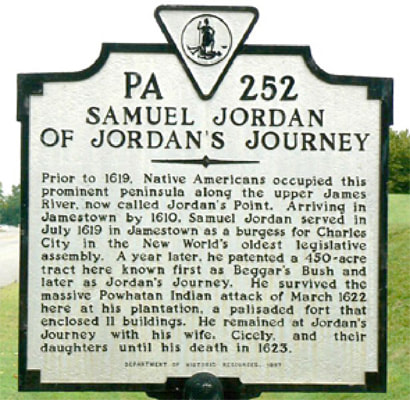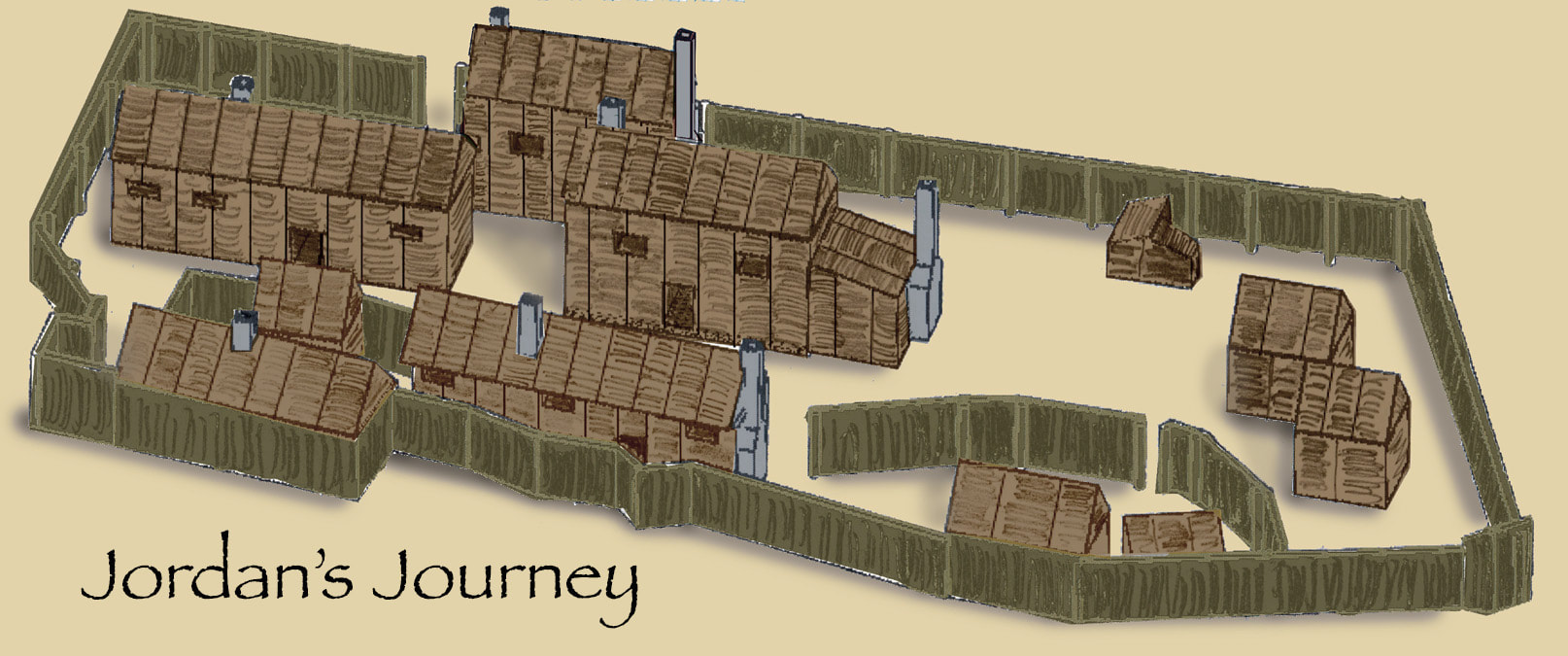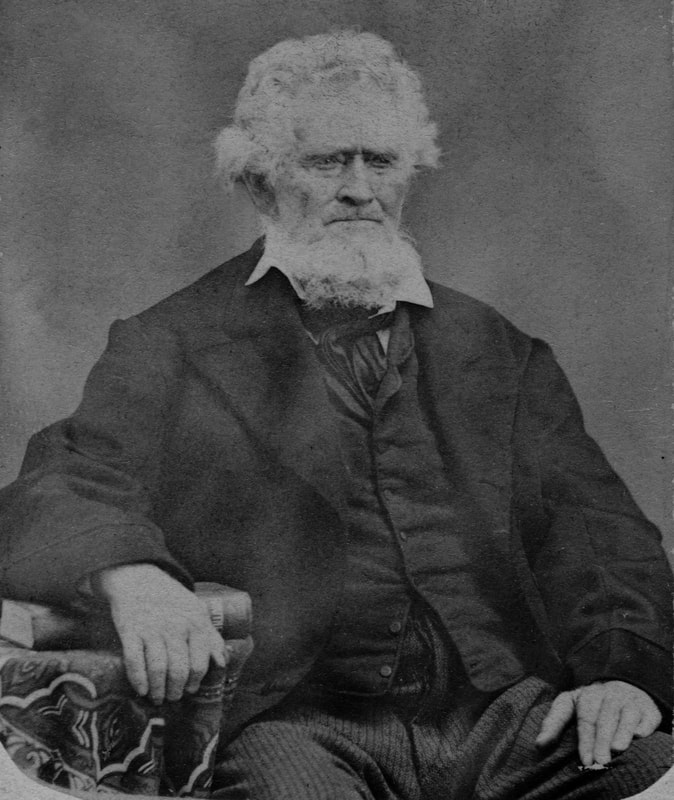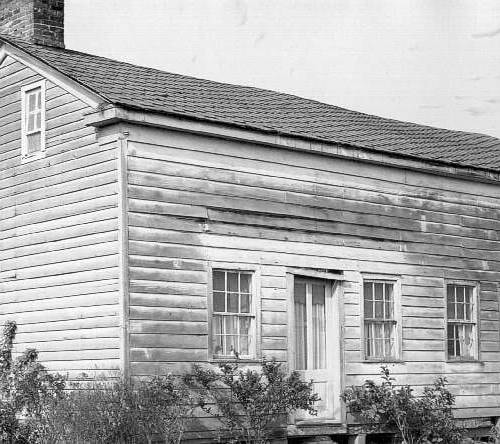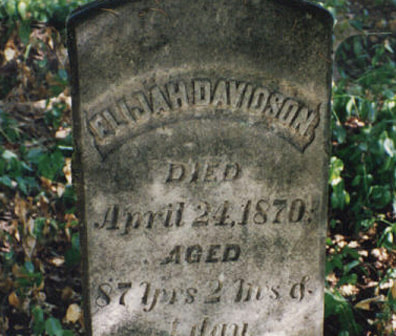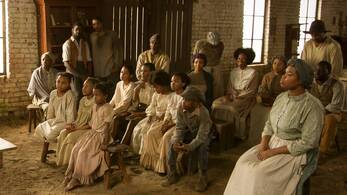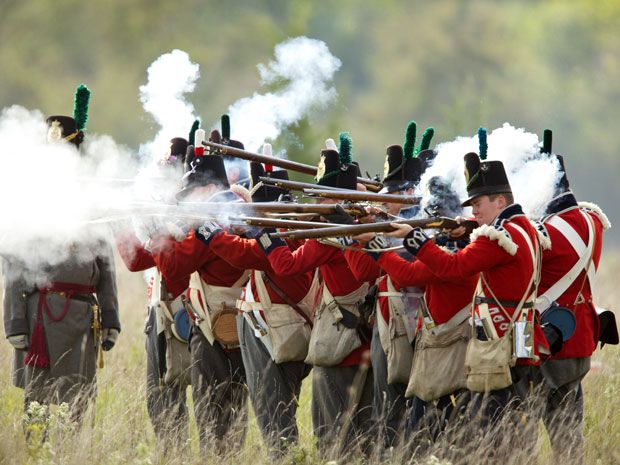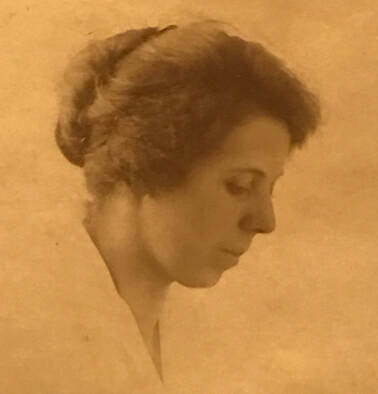WELCOME
A WORD REGARDING THE MAKING of this family website, all the pioneers and their descendants, have aided in creating the atmosphere necessary for an intelligent understanding of how our forefathers lived. With this thought uppermost in my mind, I have gone back and forth into the highways and by-ways across time and space, and, "Lo! They have blossomed into these beautiful hidden and remarkable stories, revealing for more than just ordinary generosity, they were faultless in honor, fearless in purpose and stainless in reputation during their lifetimes.”
So deeply have I plunged into this buried past, that these people have now become to me, living, breathing men and women.
How easy to picture the dauntless Sarah Barton Murphy, a 53-year-old widow, grandmother, and the former wife of Rev. William Murphy, hurriedly embarking on a flat boat loaded onto the Holston River in eastern Tennessee with all of her possessions and the remainder of her family, two sons, and a grandson, floating down to the Tennessee River, then onto the Ohio River to its mouth, then up the Mississippi to join her brave young sons in Murphy’s Settlement, 30 miles southwest of Ste Genevieve, prior to the acquisition of the territory of Louisiana by the United States from the French First Republic in 1803.
I do appreciate all of you who took a moment to stop by to look at my family tree and related history website. This site is not perfect, but it is a labor of love, and as always, it is a work in progress. (see disclaimer) What started as a simple holding place of family records, primarily for my immediate family, has grown beyond my expectations. Every month I have over 800 page visits and 12 new visitors each day ... which is ironic, because very few of those visits are actually from family members!
But, what was an unexpected surprise, occasionally I do get emails searching out some distant ancestor connections or even a helpful correction regarding a date or a name misspelling, all are welcome of course. Inquiries and suggestions, or just general correspondence can be sent to Thomas Jordan at... TJNJARTWORK@GMAILCOM
Now get off my lawn! (just kidding)
Family Trees are like quilts, they are patches of generations sewn together. Quilts can be a sentimental part of a family's heritage, handed down from times past. It is no wonder they are cherished as precious heirlooms and occupy honored places in homes and museums.
Quilts are handmade by the family's storytellers that are passed on from one generation to another, with patches of fond memories sewn-in together by grandmothers, mothers, aunts, daughters, sisters and relatives. Often, they come from the very fabrics, worn by those generations from a particular place or era, often replacing previously thread-bare patches with newer ones. They can reflect the times in which they were made and the people who made them, occurring simultaneously with the development of our nation. One can only wonder of the stories that were shared around the quilting table, fond memories that are rekindled by a particular swatch of fabric.
Quilts are handmade by the family's storytellers that are passed on from one generation to another, with patches of fond memories sewn-in together by grandmothers, mothers, aunts, daughters, sisters and relatives. Often, they come from the very fabrics, worn by those generations from a particular place or era, often replacing previously thread-bare patches with newer ones. They can reflect the times in which they were made and the people who made them, occurring simultaneously with the development of our nation. One can only wonder of the stories that were shared around the quilting table, fond memories that are rekindled by a particular swatch of fabric.
“A grandchild can fill a space in your heart
that you never knew was empty.” – Unknown
Click here for latest Blog Updates
Latest Family Tree Updates - Top Button: 7-4-22
6 - year old, James Davidson Jordan 6 - year old, Thomas Lee Jordan
Jordan, Davidson - Campbell, Watson
James Davidson Jordan - Patricia Jean Campbell
My father JAMES DAVIDSON JORDAN, was born on Mar. 11, 1920 in Wolf Creek, Oregon, the only child of ROY JORDAN and EVA DAVIDSON, James, married my mother PATRICIA JEAN CAMPBELL, in 1946. She was born on Mar. 24, 1924, in Vallejo, California. Patricia was the only child of Wallace P. Campbell and Mabel Watson.
Children of JAMES JORDAN and PATRICIA CAMPBELL:
I. Roy Wallace Jordan - b. June 6th, 1947
II. James Robert Jordan - b. March 3rd, 1951
III. Thomas Lee Jordan - b. July 30th, 1954
IV. Jay Davidson Jordan - b. September 21st, 1963
This project is an ongoing, never-ending trail of discovery of the many lives woven from the past to the present to my children, grandchildren, brothers, nephews, and nieces. It will always be open-ended, with future additions to be contributed by you, your children, and your grandchildren.
Children of JAMES JORDAN and PATRICIA CAMPBELL:
I. Roy Wallace Jordan - b. June 6th, 1947
II. James Robert Jordan - b. March 3rd, 1951
III. Thomas Lee Jordan - b. July 30th, 1954
IV. Jay Davidson Jordan - b. September 21st, 1963
This project is an ongoing, never-ending trail of discovery of the many lives woven from the past to the present to my children, grandchildren, brothers, nephews, and nieces. It will always be open-ended, with future additions to be contributed by you, your children, and your grandchildren.
JORDAN
|
Born in 1833, James Jordan was about 10-11 yrs. old, when he departed from Charleston SC, circa 1843 stowed away on a merchant boat. Kidnapped or a runaway, reasons for his leaving we just do not know, but evidently, he started out as a cabin boy working on a merchant ship for 7 years before arriving in San Francisco 1850 during the heady days of the California Gold Rush. At 17 years old, he operated a dray (freight wagon) unloading the cargo of newly arriving passengers and delivering the goods to their new San Francisco locations. In 1853, James moved to southern Oregon, struck Gold in a mine near Galice, and built one of the very first hotels in Grants Pass.
|
Alice Jordan married Wheeler J. Rogers, also known by his boyhood name as Ben. The very namesake and persona in Mark Twain's "Tom Swayer". Ben Rogers came to Grants Pass, Oregon from Missouri. Known for his great charm and personality, he reportedly also arrived with a lot of money, and boarded at the Jordan’s Grants Pass Hotel. Ben's cousin was Henry Huttleston Rogers the American industrialist and financier. He made his fortune in the oil refining business, becoming a leader at Standard Oil. He amassed a fortune so large he was listed in a 1996 study as one of the 25 most wealthy individuals in US history.
|
James and Mary Jordan’s 3rd daughter was named Ethel. Ethel Jordan married Fremont Stackpole and they had a son named Ralph (b. May 1, 1885 – d. December 13, 1973). Ralph was best known for integrating monumental paintings and sculpture representing the working class, along with architectural elements, his works can still be seen at the San Francisco Stock Exchange. Diego Rivera was a life-long friend, he and Frida Khalo stayed and worked at Ralph's studio home on Montgomery Street in San Francisco.
Ralph's son, Peter and became one of Life Magazine's very first staff photographers, along with Alfred Eisenstaedt, Margaret Bourke-White. |
Samuel Silas Jordan 1558 - 1623
First Jordan in America
Captain Samuel JordanJuly 2nd, 1600 - The Battle of Nieuwpoort was one of the most desperately contested battles of the age, and completely defeated 10,000 veteran Spanish troops led by the archduke Albert. The English regiments faced the veteran "tercios" of the elite of the Spanish infantry.
|
The TempestJuly 25, 1609, - Having nearly crossed the Atlantic, the sailors of the Sea-Venture scanned the horizon and spotted danger. With the convoy of eight other vessels, they spied a tempest—or what the Carib Indians called a hurricane, moving swiftly towards them. The storm separated the Sea Venture from the rest of the fleet. After four days of being in the storm, the Sea-Venture began to take on water.
|
First Jordan in the New WorldJamestown 23 May, 1610 - Upon reaching Jamestowne, they found only 60 survivors remained of the 500 who had preceded them. In 1618, Samuel was also one of 8 men appointed to review the four new books of laws sent to Virginia by the Virginia Company. Samuel Jordan is given the title "Ancient Planter".
|
Recorded Proceedings of the Very First General Assembly
House of BurgessesIn 1619 the Virginia Company instituted reforms in the colony that led to the establishment of a representative form of government. The colony was divided into settlements or "plantations". Each plantation sent representatives to Jamestown to the General Assembly of 1619.
|
1622 MassacreIt was apparent to the Indians that the colonists’ expansion was threatening their way of life. Chief Opechancanough would spend the next few years looking for just the right opportunity to drive them off their land. That attack would come in 1622, despite maintaining the outward appearance of overall friendly relations with the English.
|
Cecily JordanOne of Sir George Yeardley's first acts was to grant a patent of land at James City on Dec. 10, 1620 to Samuel Jordan of Charles City in Virginia. Gent. an ancient planter "who hath abode ten years Compleat in the Colony" and to "Cecily his wife an ancient planter also of nine years continuance." The land grants for being "Ancient Planters" were the rewards they had earned by their perseverance in establishing the first permanent beachhead of English colonization on American soil.
|
The Extraordinary Life of Elijah Davidson
1783 to 1870
My g-g-great-grandfather ELIJAH DAVIDSON, was born 23 February 1783 in Rutherford County, North Carolina at that time the British Soldiers still occupy New York City and Savannah GA.
Elijah’s father Rev. Alexander Davidson III, and John Fouquoy Murphy (Elijah's future father-in-law) fought as patriots at Ramsour's Mill, Kings Mountain, and Cowpens. All three battles were just 20 miles from Elijah's boyhood home.
After the Revolution, Elijah’s generation of Americans inherits truly a new world order and with it, the responsibilities of working out the very complex interactions of independence, law, state's rights and individual civil liberties. Elijah is reared as a citizen of the very first generation of free-born Americans. For the duration of his life, he will experience the vibrant tapestry of the events, callings, decisions, desires, twists and turns of a democracy, that will become a hotly contested and frightful reality. Elijah, believed that this new republicanism depended on the virtue of its citizenry, a virtue that the politicians would increasingly find it difficult to grasp.
At 23, Elijah has to grapple with the new distinctions of free and slave labor, with all its divisive social entailments sparked by the passions of a religious awakening. In 1806, Elijah warmly espouses the cause of Emancipation, influenced by his father-in-law Elder John Murphy, in 1808, they and others, declared non-fellowship with the pro-slavery Kentucky's Baptist churches. They form a new church association called the Friends of Humanity movement, where all participating church members must emancipate their slaves. A young couple named Thomas and Nancy and their local church joins their movement, and in 1809 they have a son, he is named Abraham Lincoln.
In 1815, Elijah volunteers to fight with Kentucky’s long rifle mounted militia at the Battle of New Orleans. As payment for their service, men like Elijah will received 160-acre land warrants in the Illinois Military Tract, a region between the Illinois and Mississippi rivers, where the Chippewa, Ottawa, and Potawatomi ceded their lands in northern Illinois by treaty at Prairie du Chien in 1829.
That autumn, Elijah & Margaret (Murphy) Davidson, with their in-laws Squire William Whitman and Capt. Peter Butler, settle on the south side of Cedar Creek, the future site of the town of Monmouth, Illinois. Elijah Davidson erects the first of four cabins built in Monmouth. He owns a cabin and a blacksmith shop. The entire territory at that time is comprised of Warren, Henderson and Merger counties, contained only thirty or forty families. On February 12, 1831, an act to incorporate the inhabitants of Monmouth was publicly posted to call the male citizens of the town of Monmouth" to meet at the school house. It was organized by calling Elijah Davidson to be chair for voting to incorporate the town of Monmouth. Twenty-three votes were cast in favor of the incorporation and none against.
On March 19, 1848, the fourth child of Nicholas Porter Earp and his second wife, Virginia Ann Cooksey is born in the township of Monmouth, named Wyatt Berry Stapp Earp.
In 1850, at a vigorous age of 67, Elijah departs the township of Monmouth Illinois crosses over the Oregon Trail, and establishes his second town, also named Monmouth and a Christian school that will eventually become Western Oregon University. A strict prohibitionist, a provision for the land donated for the township of Monmouth, Oregon cannot sell or serve alcohol. It was an ordinance that remained in effect until 2002 when the town voted to lift the ban on the last "dry-town on the west coast".
On 24 Apr 1870 Elijah Davidson dies in Monmouth, Polk Co., OR. having lived a very full-life in service to others.
After the Revolution, Elijah’s generation of Americans inherits truly a new world order and with it, the responsibilities of working out the very complex interactions of independence, law, state's rights and individual civil liberties. Elijah is reared as a citizen of the very first generation of free-born Americans. For the duration of his life, he will experience the vibrant tapestry of the events, callings, decisions, desires, twists and turns of a democracy, that will become a hotly contested and frightful reality. Elijah, believed that this new republicanism depended on the virtue of its citizenry, a virtue that the politicians would increasingly find it difficult to grasp.
At 23, Elijah has to grapple with the new distinctions of free and slave labor, with all its divisive social entailments sparked by the passions of a religious awakening. In 1806, Elijah warmly espouses the cause of Emancipation, influenced by his father-in-law Elder John Murphy, in 1808, they and others, declared non-fellowship with the pro-slavery Kentucky's Baptist churches. They form a new church association called the Friends of Humanity movement, where all participating church members must emancipate their slaves. A young couple named Thomas and Nancy and their local church joins their movement, and in 1809 they have a son, he is named Abraham Lincoln.
In 1815, Elijah volunteers to fight with Kentucky’s long rifle mounted militia at the Battle of New Orleans. As payment for their service, men like Elijah will received 160-acre land warrants in the Illinois Military Tract, a region between the Illinois and Mississippi rivers, where the Chippewa, Ottawa, and Potawatomi ceded their lands in northern Illinois by treaty at Prairie du Chien in 1829.
That autumn, Elijah & Margaret (Murphy) Davidson, with their in-laws Squire William Whitman and Capt. Peter Butler, settle on the south side of Cedar Creek, the future site of the town of Monmouth, Illinois. Elijah Davidson erects the first of four cabins built in Monmouth. He owns a cabin and a blacksmith shop. The entire territory at that time is comprised of Warren, Henderson and Merger counties, contained only thirty or forty families. On February 12, 1831, an act to incorporate the inhabitants of Monmouth was publicly posted to call the male citizens of the town of Monmouth" to meet at the school house. It was organized by calling Elijah Davidson to be chair for voting to incorporate the town of Monmouth. Twenty-three votes were cast in favor of the incorporation and none against.
On March 19, 1848, the fourth child of Nicholas Porter Earp and his second wife, Virginia Ann Cooksey is born in the township of Monmouth, named Wyatt Berry Stapp Earp.
In 1850, at a vigorous age of 67, Elijah departs the township of Monmouth Illinois crosses over the Oregon Trail, and establishes his second town, also named Monmouth and a Christian school that will eventually become Western Oregon University. A strict prohibitionist, a provision for the land donated for the township of Monmouth, Oregon cannot sell or serve alcohol. It was an ordinance that remained in effect until 2002 when the town voted to lift the ban on the last "dry-town on the west coast".
On 24 Apr 1870 Elijah Davidson dies in Monmouth, Polk Co., OR. having lived a very full-life in service to others.
Elijah Davidson's Monmouth, Oregon home.
Elijah DavidsonElijah Davidson was born on 23 Feb. 1783 in Rutherford County, North Carolina and dies 24 April 1870, 3000 miles away in Monmouth, Polk County, OR.
In the years in-between he would become a founding father of two townships and one university. Because he was a firm believer in Christ, he also believed in immediate emancipation and the freedom to pursue one's life endeavors – for all, but most importantly the ultimate freedom that can only come through Christ's sacrifice and redemption. |
A Emancipationist's CauseElijah warmly embraces the cause of the Emancipationist's and with his father-in-law Elder John Murphy. In 1807, mentored by Rev. Carter Tarrant, they declared non-fellowship with Alexander Davidson's church, because it tolerated slavery and they join with other preachers to form the Licking-Locust Association, Friends of Humanity movement.
The Friends of Humanity policy advocated not only the call for immediate abolition but also, non-fellowship with any slaveholders within their own congregations. Influenced by the Second Great Awakening and postmillenialism's faith in the ability for human improvement and advancement, these men optimistically saw themselves as carrying forward divine mandates to better American society. |
War of 1812Kentuckians would bear the brunt of war with England, supporting battles north of the Ohio River and in New Orleans.
In 1814, the British had burn the White House and the US Capitol building in Washington. A 32 year old, Elijah Davidson, his brother James and his brother in law, Peter Butler join Captain Gorin’s Company of 75 men, with the Kentucky Mounted Volunteer Militia’s 10th Regiment, Commanded by Col. Philip Barbour. There has always been a question as to how many troops Kentucky furnished in the War of 1812, the approximation is close to 25,000 men. The young state sent about five out of every six of her fighting men into the war, where they made a reputation that was not approached by the militias of any other state in the Union. |
Notable Family Connections
My Grandmother: GENNIEVA "JENNIE" EVA DAVIDSON, b. 26 Jul 1889, Williams, Josephine Co., OR.
Genneiva A Davidson m. Lester C Davis 1909, he dies Oct. 30th, 1915
Genneiva A Davidson m. Roy Alvin Jordan, on June 21, 1919 he dies 1924
Genneiva A Davidson m. Gus H Nesslage 1929, he dies (1931-2?)
Genneiva A Davidson m. John J Flynn Dec. 12, 1933
Age 52, Genneiva A Davidson dies Oct. 11th, 1941, in Livermore, Alameda Co., California.
Eva had four children.
Three boys with her first husband (1) LESTER C. DAVIS, b. 31 Oct 1886; married. 11 Aug 1910; Lester died Oct 30th,1915
Children of EVA DAVIDSON and LESTER DAVIS
I. Richard Davis
II. Frank Davis
III Don Davis
Eva marries Roy Alvin Jordan in 1919, they have just one boy. Roy died 1924.
I. JAMES DAVIDSON JORDAN b. Mar. 11, 1920 Wolf Creek, OR; named after his grandfather James Jordan b.1833, d. 1897.
I never met my father’s parents, both died long before I was born. Gennieve's "Eva" genealogy can be traced with a very high degree of certainty back to William Davidson, born in 1420 in Musselburgh, Midlothian, Scotland.
William Davidson had married Christina Wallace, she was the 5thG-Great grand daughter of Sir John Wallace, Sheriff of Ayrshire, Laird of Elderslie, Riccarton & Craigie, and he was the brother of Sir William “Braveheart” Wallace. By following the Wallace branch, we can continue to trace our family ancestry back to 1170 Scotland.
Genneiva A Davidson m. Lester C Davis 1909, he dies Oct. 30th, 1915
Genneiva A Davidson m. Roy Alvin Jordan, on June 21, 1919 he dies 1924
Genneiva A Davidson m. Gus H Nesslage 1929, he dies (1931-2?)
Genneiva A Davidson m. John J Flynn Dec. 12, 1933
Age 52, Genneiva A Davidson dies Oct. 11th, 1941, in Livermore, Alameda Co., California.
Eva had four children.
Three boys with her first husband (1) LESTER C. DAVIS, b. 31 Oct 1886; married. 11 Aug 1910; Lester died Oct 30th,1915
Children of EVA DAVIDSON and LESTER DAVIS
I. Richard Davis
II. Frank Davis
III Don Davis
Eva marries Roy Alvin Jordan in 1919, they have just one boy. Roy died 1924.
I. JAMES DAVIDSON JORDAN b. Mar. 11, 1920 Wolf Creek, OR; named after his grandfather James Jordan b.1833, d. 1897.
I never met my father’s parents, both died long before I was born. Gennieve's "Eva" genealogy can be traced with a very high degree of certainty back to William Davidson, born in 1420 in Musselburgh, Midlothian, Scotland.
William Davidson had married Christina Wallace, she was the 5thG-Great grand daughter of Sir John Wallace, Sheriff of Ayrshire, Laird of Elderslie, Riccarton & Craigie, and he was the brother of Sir William “Braveheart” Wallace. By following the Wallace branch, we can continue to trace our family ancestry back to 1170 Scotland.
Davidsons
Eva Davidson's Famous Relatives - via Ancestry.com
OUR AMERICAN HERITAGE
Historian Frederick Jackson Turner, said the frontier defined the American experience. He noted the significance of its demise in an 1893 speech to the American Historical Association.:
"Up to our own day American history has been in a large degree the history of the colonization of the Great West. The frontier produced a man of coarseness and strength...acuteness and inquisitiveness, of that practical and inventive turn of mind, full of restless and nervous energy, and the buoyancy and exuberance which comes with freedom. The paths of the pioneers have widened into broad highways. The forest clearing has expanded into affluent commonwealths. Let us see to it that the ideals of the pioneer in his log cabin shall enlarge into the spiritual life of a democracy where civic power shall dominate and utilize individual achievement for the common good." -- Frederick Jackson Turner.
Historian Frederick Jackson Turner, said the frontier defined the American experience. He noted the significance of its demise in an 1893 speech to the American Historical Association.:
"Up to our own day American history has been in a large degree the history of the colonization of the Great West. The frontier produced a man of coarseness and strength...acuteness and inquisitiveness, of that practical and inventive turn of mind, full of restless and nervous energy, and the buoyancy and exuberance which comes with freedom. The paths of the pioneers have widened into broad highways. The forest clearing has expanded into affluent commonwealths. Let us see to it that the ideals of the pioneer in his log cabin shall enlarge into the spiritual life of a democracy where civic power shall dominate and utilize individual achievement for the common good." -- Frederick Jackson Turner.
DON'T MISS ANYTHING!
Get updates sent directly to your inbox
Proudly powered by Weebly
